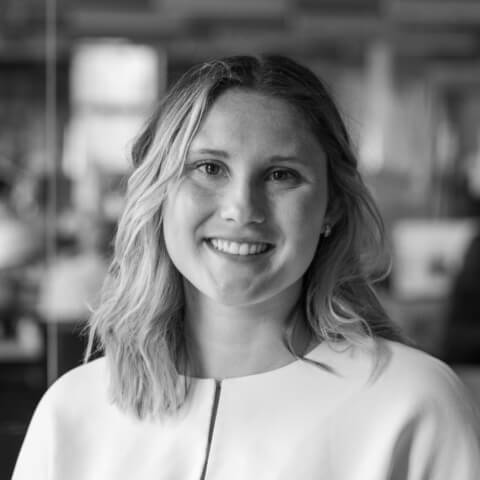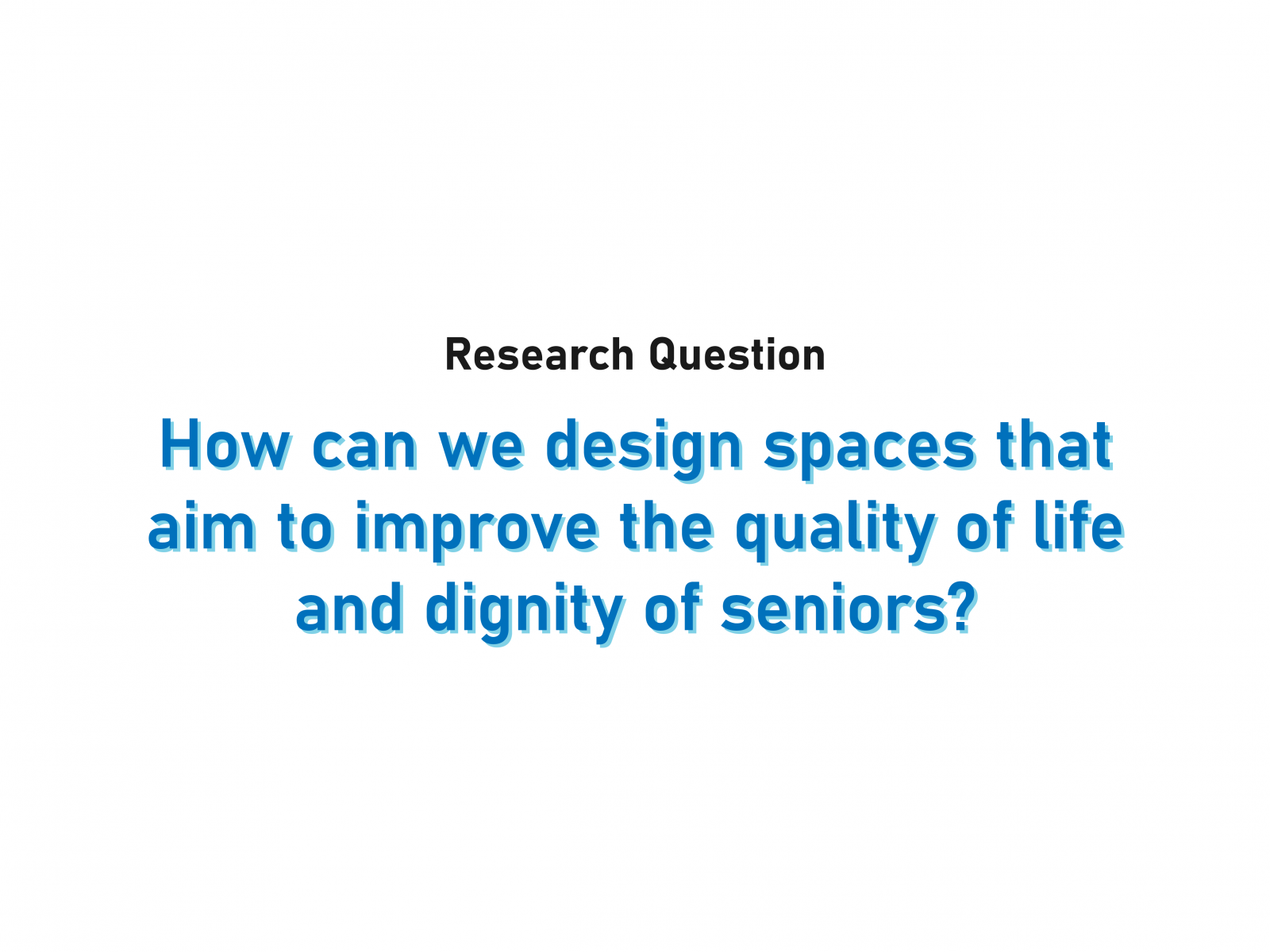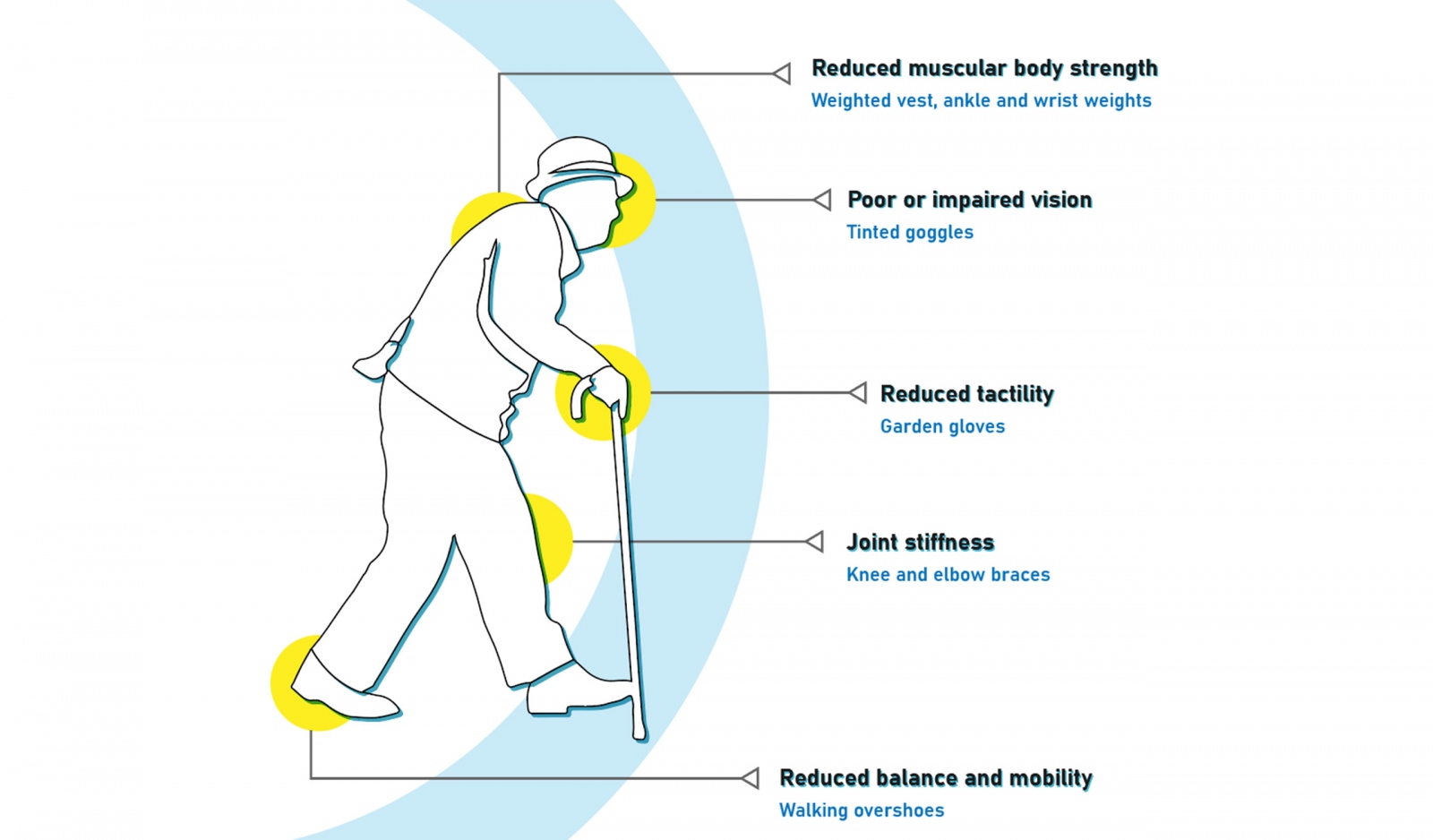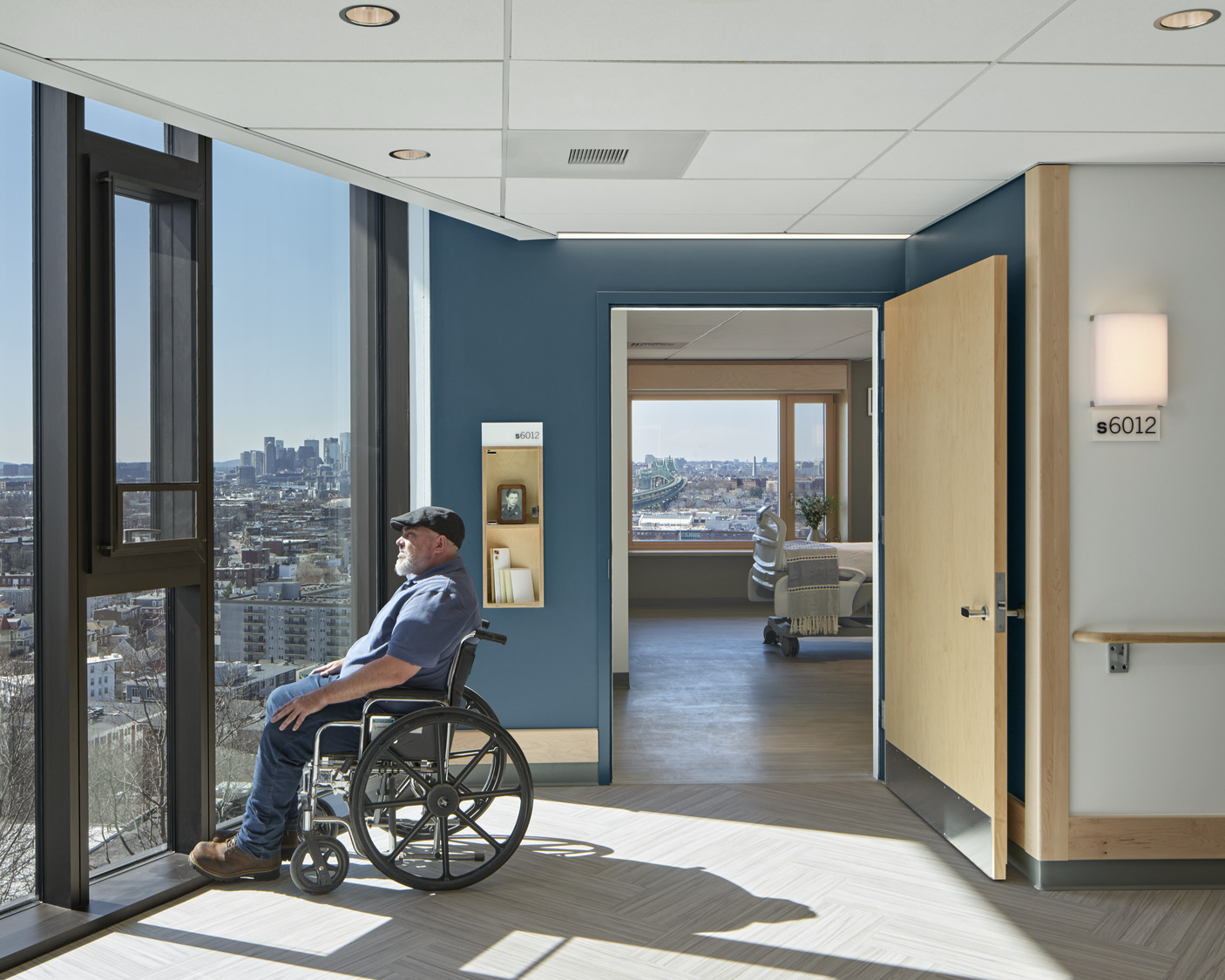This spring, PAYETTE’s Young Designer’s Core hosted The Research Voice, an annual event where anyone from the firm is welcome to propose their pitches for research initiatives. Three winners are then selected by a panel of judges. They receive funding to pursue their research ideas, along with collaboration and advice from members of the firm. PAYETTE’s award-winning embodied carbon design tool, Kaleidoscope, was born out of this event. This year’s winning research pursuits are as follows:
Beacon — Laurie Booth
Beacon is rooted in a thoughtful premise and aims to provide life-saving medication and equipment to help prevent opioid overdoses in Boston. In her community, Laurie noticed a hotspot of cases near Northeastern University in the Back Bay neighborhood. She hopes to work with key institutions, such as Northeastern University, to design a supply depot of Naloxone.
Laurie envisions wayfinding methods to direct the targeted audience to life-saving resources in their neighborhood. A prototype will be fabricated to help develop site logistics, production, and wayfinding strategies.
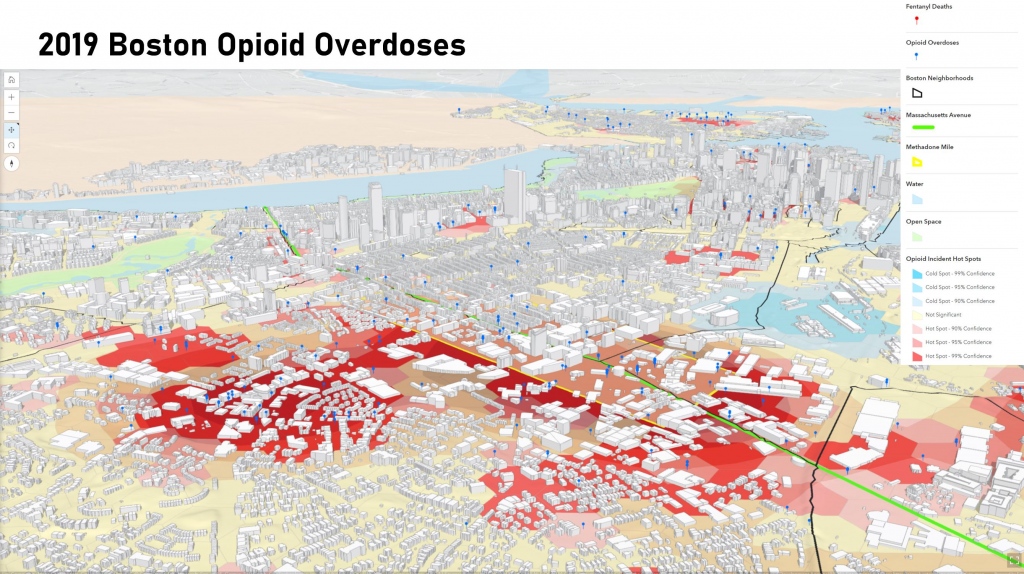
Material and Reuse — Sahithi Datla & Endian Xu
Material and Reuse argues that retrofitting existing buildings is the most efficient form of reuse. However, when retrofitting an entire building is not feasible, specifying reusable materials can serve as a great alternative. The team advocates for using reusable materials or making the decision to retrofit a building early in the design process. Design teams should also consider what materials may be available locally to the project site. Sahithi and Endian hope to develop a guidebook for retrofitting, industry contacts for material supply, and ultimately providing sound reasoning for these methods backed with data.
In addition, Sahithi & Endian seek to promote reducing embodied carbon through a circular material economy and prefabricated envelope assemblies. In their efforts to raise awareness, they are publishing a series of blog articles to provide resources and concise breakdowns of complex processes, the first of which is already available to read.
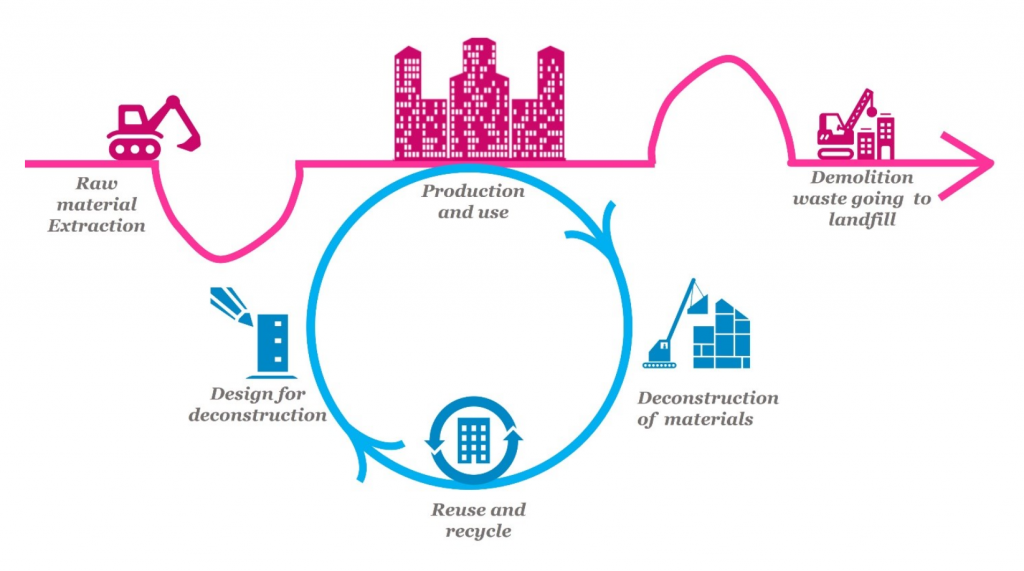
Accessibility Through the Lens of Aging — Jessica Hoctor, Bryant Watson and Ellie Thomas
Accessibility Through the Lens of Aging critiques how we design spaces for an aging population. Generally, building codes establish marginal baselines for accessibility accommodations. Jessica, Bryant and Ellie are confident that more can be done to increase spatial efficiencies and create barrier-free buildings for the elderly. The team argues that all spaces should be handicapped accessible rather than the minimum required.
In hospitals, occupants often have mobility issues that need to be accommodated throughout the entire building. The team advocates for universal design – the belief that all spaces should be accessible to everyone.
The outcome of this proposal is to create best practice guidelines that optimize the patient’s experience as well as preserving their dignity. The team aims to perceive healthcare environments through the lens of an aging body. Their hope is to ultimately improve senior patient and client satisfaction.
Honorable Mention: The Tectonic Culture of PAYETTE — Shizheng Geng
The Tectonic Culture of PAYETTE seeks to gain a deeper understanding of our projects’ details to analyze how we solve unique problems at the micro-scale. Shizheng proposed creating a catalogue of PAYETTE’s detail-oriented work over the years, since the firm’s beginnings in 1932. He envisioned this catalogue to serve as a time capsule, bringing to light how our firm’s tectonic approach to complex issues has evolved over time.
In conclusion, this year’s Research Voice proposals have generated thoughtful discourse on a diverse array of design issues at various scales. By incorporating research into our practice, it allows us to create a more informed and empathetic body of designers who impact our projects and the community at large. This embraces our ethos at PAYETTE – that a great idea can come from anyone.

